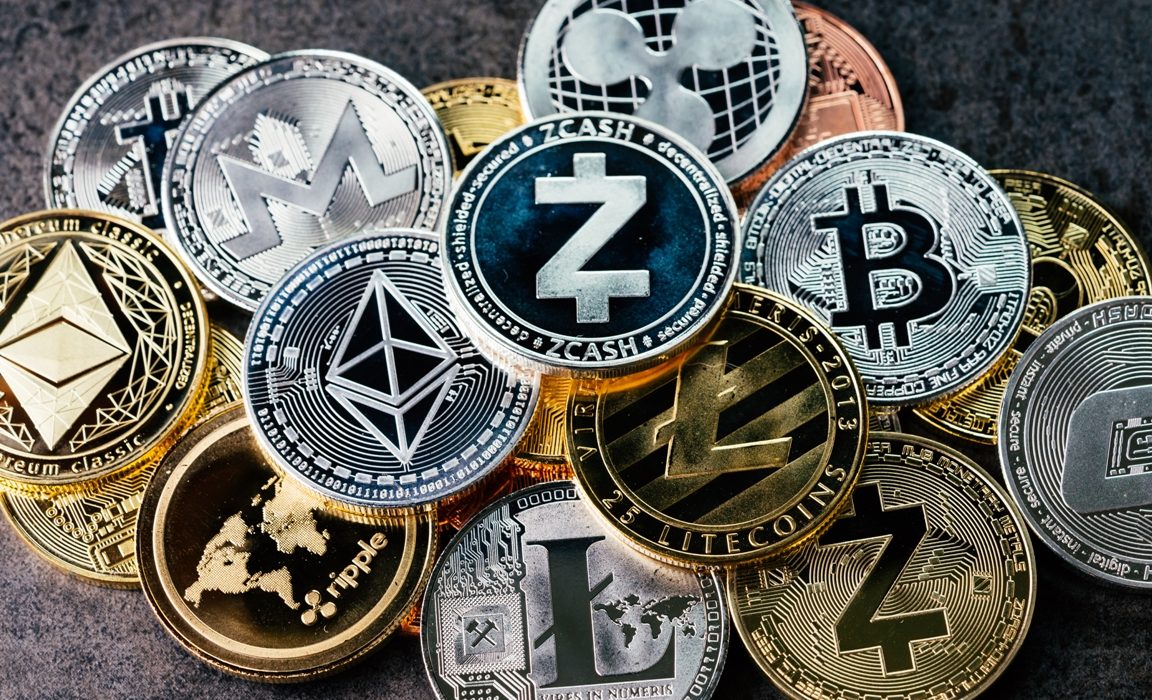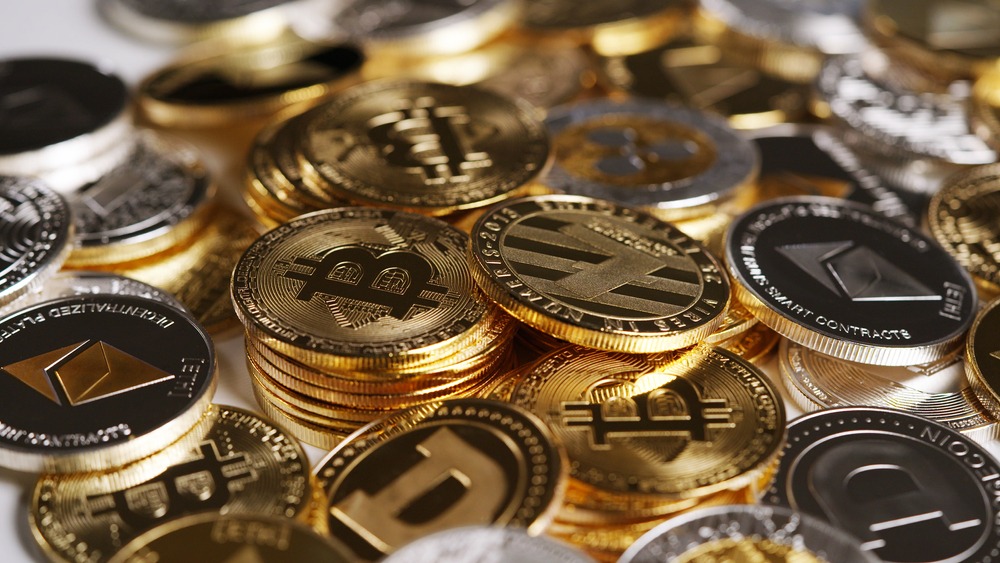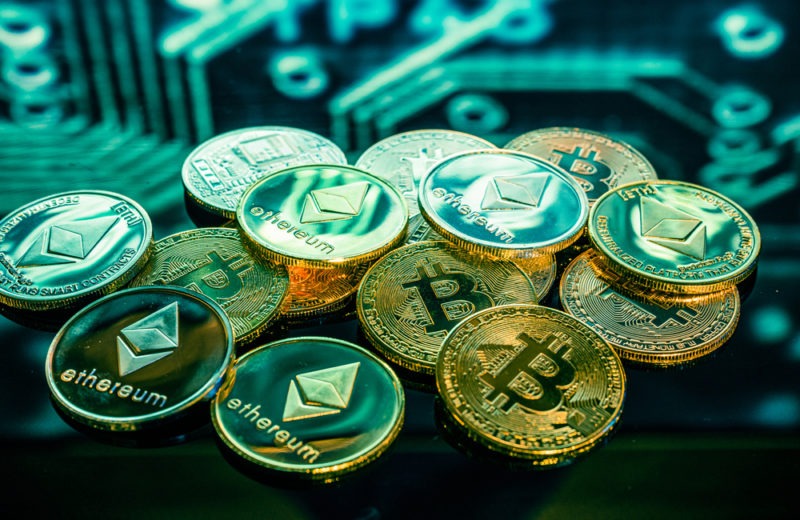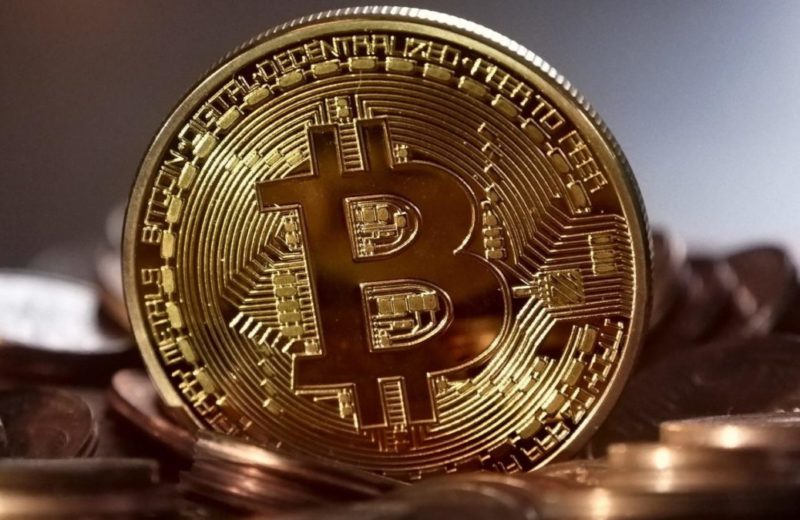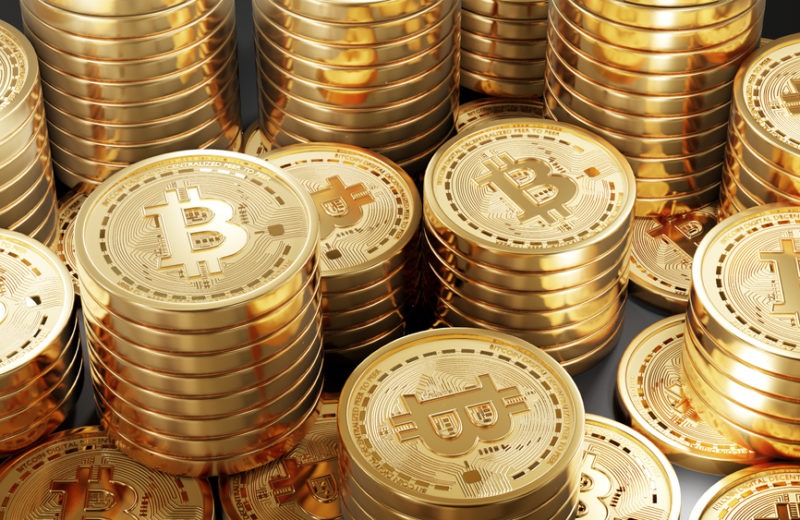Following the failure of Terra’s algorithmic stablecoin, China’s Economic Daily media outlet suggested that the government would conduct more regulatory action against stablecoins.
In an article released on May 31, the source exposed the collapse of TerraUSD (UST) and Luna (LUNA); explaining the algorithmic stablecoins workings. It took advantage of the “black swan” event to welcome China’s decision to ban bitcoin. “My nation has been clamping down on virtual currency trading speculation and a big number of trading platforms,” reporter Li Hualin said,” essentially blocking the transmission of this risk in China and avoiding investment hazards to the maximum extent feasible.”
Stablecoin Faces Strictions
Hualin claimed that “many other nations” are attempting to regulate stablecoins, citing Zhou Maohua, a researcher at the China Everbright Bank, to argue for more restrictions within China: “Our government will seek to fix regulatory gaps and establish targeted regulatory measures for the danger of stablecoins in the future to minimize the space for virtual currency speculation, unlawful financial operations, and associated illegal and criminal activities.”
After banning bitcoin exchanges in 2017, the Chinese government has been toughening its stance on cryptocurrencies since mid-2021. Several government agencies have issued warnings about the risks of investing in cryptocurrencies. China has regulated mining heavily.
According to Colin Wu, a China-based cryptocurrency writer, the restriction prohibits institutions from offering crypto services; however, it “doesn’t stop average people from using cryptocurrencies — there is no particular legislation prohibiting it.”
In China, institutions and businesses can’t trade or possess cryptocurrencies; still, individuals can own, purchase, and sell it, and some local courts even consider its lawful property.”
According to a Shanghai court, Bitcoin (BTC) is subject to property rights, rules, and regulations; this is because its value, scarcity, and disability satisfy the criteria of virtual property. When it comes to how traders get their hands on cryptocurrency in the first place, Cointelegraph recently reported on the growing usage of VPNs among Chinese dealers.


